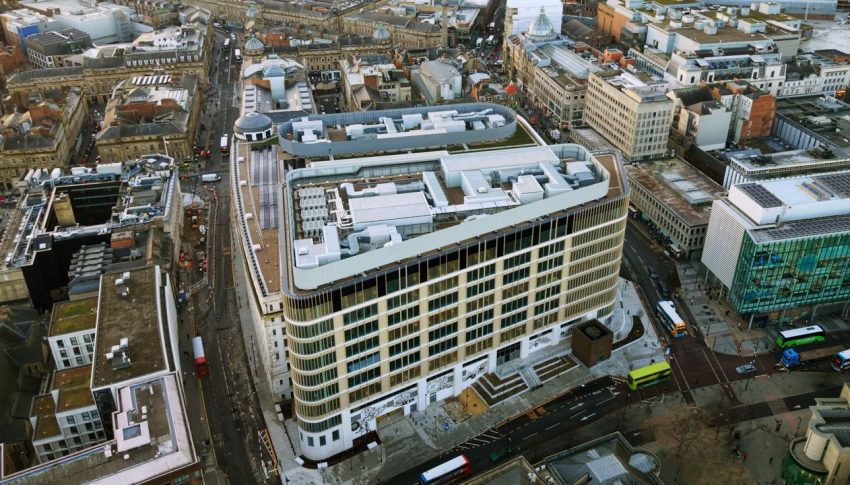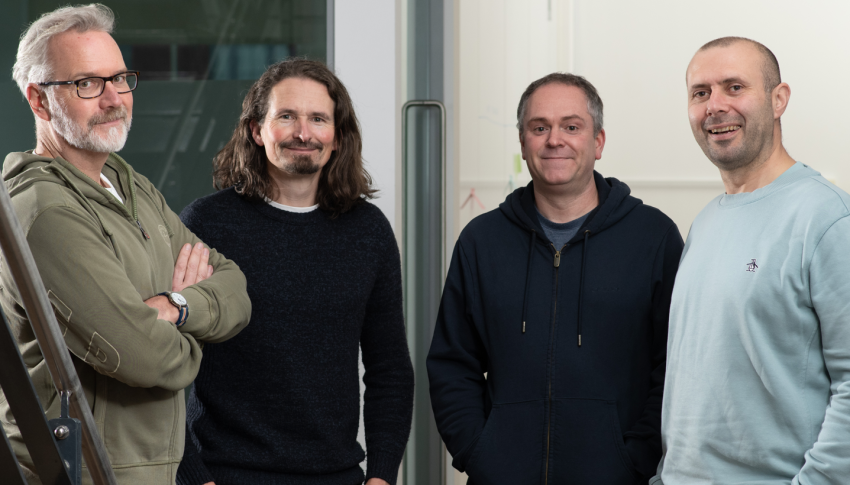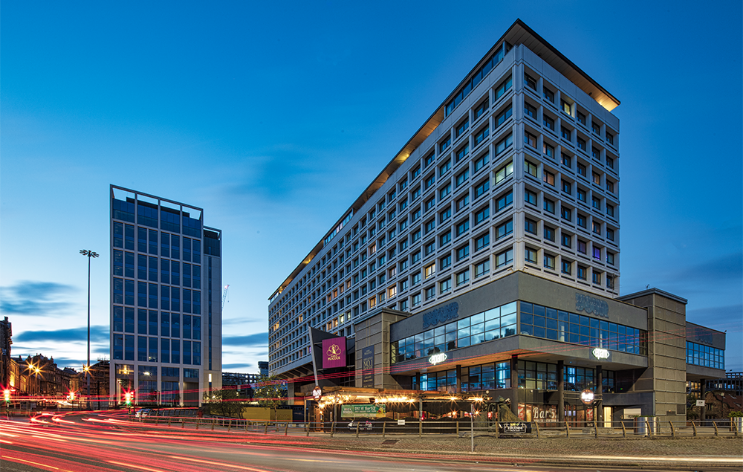
Avison Young has created the UK Cities Recovery Index to help monitor the way in which COVID-19 has impacted the UK’s major cities. It enables assessments and analysis of the speed, rate and trajectory of the recovery process and identifies trends that will determine the future of the property sector, cities and of society as a whole.
The Recovery Index uses a variety of high-frequency indicators, combined into an overall Recovery Index score, which illustrates the evolution of urban impact and recovery over time since 29th February 2020.
The Recovery Index for Newcastle has generally tracked the National Index since March. However, over the past two weeks, it has pulled ahead to 88.1 compared to the National Index at 85.8.
The Recovery Index has been underpinned by relative resilience in business sentiment. The Hotel & Leisure Index and Residential sector indices both outperformed the National Index. The Return to Office Sector Index and Retail Sector Index have shown resilience, however the Mobility Sector Index has fallen back over the past week as the local restrictions have taken effect.
Positive business sentiment in the North East is helping to sustain the strong performance of the Commercial Activity Sector Index for Newcastle, which reached 99.9 on 27th September, well up on the national figure of 91.7. HGV traffic has now levelled-off in its recovery following gradual increases from the lows of lockdown.
The Retail Sector Index saw a considerable uptick in mid-August however, footfall numbers have been in decline since the 3rd September following sustained growth from mid-June. This has caused the Retail Sector Index to level off at around 81.3, with this trend mirrored in the national index.
The return to office index for Newcastle has levelled out following steady growth and remains just below the UK figure, standing at 66.4 on September 27th. Its previous recent growth was produced by gradual commuter travel, shown by rising car counts and trips to workplaces.
The Residential Sector Index has climbed over the last month to a high of 97.2 on 27th September,following an increase in Zoopla sales volumes and domestic EPC registrations.
Gordon Hewling, Principal and Managing Director, Avison Young, Newcastle comments: “Newcastle has a history of innovation and approach to public and private sector collaboration, which is driving its relatively strong position when compared to the national picture and the prediction that it can recover quicker than other cities.. Looking across the data, Newcastle is towards the top, or in some cases at the top, of some of the metrics, which is encouraging, despite the announcement of further local restrictions
In the year leading up to the pandemic, it saw a record level of inward investment as one of the fastest growing economies in the UK and was lauded as the UK’s smartest city, recognising its approach to the innovative use of technology”
Overall, the pandemic has had a significant impact on Newcastle’s economy, with a rise in unemployment and a substantial number of furloughs. The city has assisted recovery through £100 million worth of grants and loans and they will continue to support some of the worst hit sectors, businesses and people to reskill, retrain and innovate.
City Centre Transformational Plans are now underway, which are also fundamental to the long-term future of the wider region given its role as the largest retail, leisure and employment centre in the North East. Many of the predictions for a post Covid-19 economy align with the region’s strengths in life science, AI, big data and tech. This will play a vital role in its recovery and in creating an inclusive and sustainable economy where people can live well for longer.
The city is home to the largest set of publicly available urban data in the UK and benefits from a new 25-mile-high capacity fibre network, which will give Newcastle the best connections to businesses in America and Europe. It has also recently been ranked 23 in a Global Smart City Index alongside three other UK cities including London. The city is building on these credentials to drive innovation, attract inward investment and create jobs for its people.
Jennifer Hartley, Director Invest Newcastle said: “Newcastle’s focus is to create a better future for all and Avison Young’s UK Cities Recovery Index will help the city to make informed decisions to support the recovery and renewal of city life. Newcastle is a resilient city with a premiership football club, two world-class universities, 50,000 students, a 24-acre innovation hub and an outstanding NHS Hospital Trust. It is a place where businesses and people can thrive. We are renowned for our open and transparent collaboration between the private and public sector, which coupled with new innovations will play a crucial part in our recovery. By monitoring global trends and comparative UK city data we can, together with partners, shape plans to mitigate the impact on our economy through attracting further investment and retaining and protecting more jobs.
Recovery from the impacts of COVID-19 won’t happen overnight, but this real-time data will support our city in creating an even smarter, inclusive and heathier city.”
The UK Cities Recovery Index is available here: www.avisonyoung.co.uk/ukcitiesrecoveryindex
* The data is normalised and converted to an Index which is rebased to 100 at the end of February 2020.







